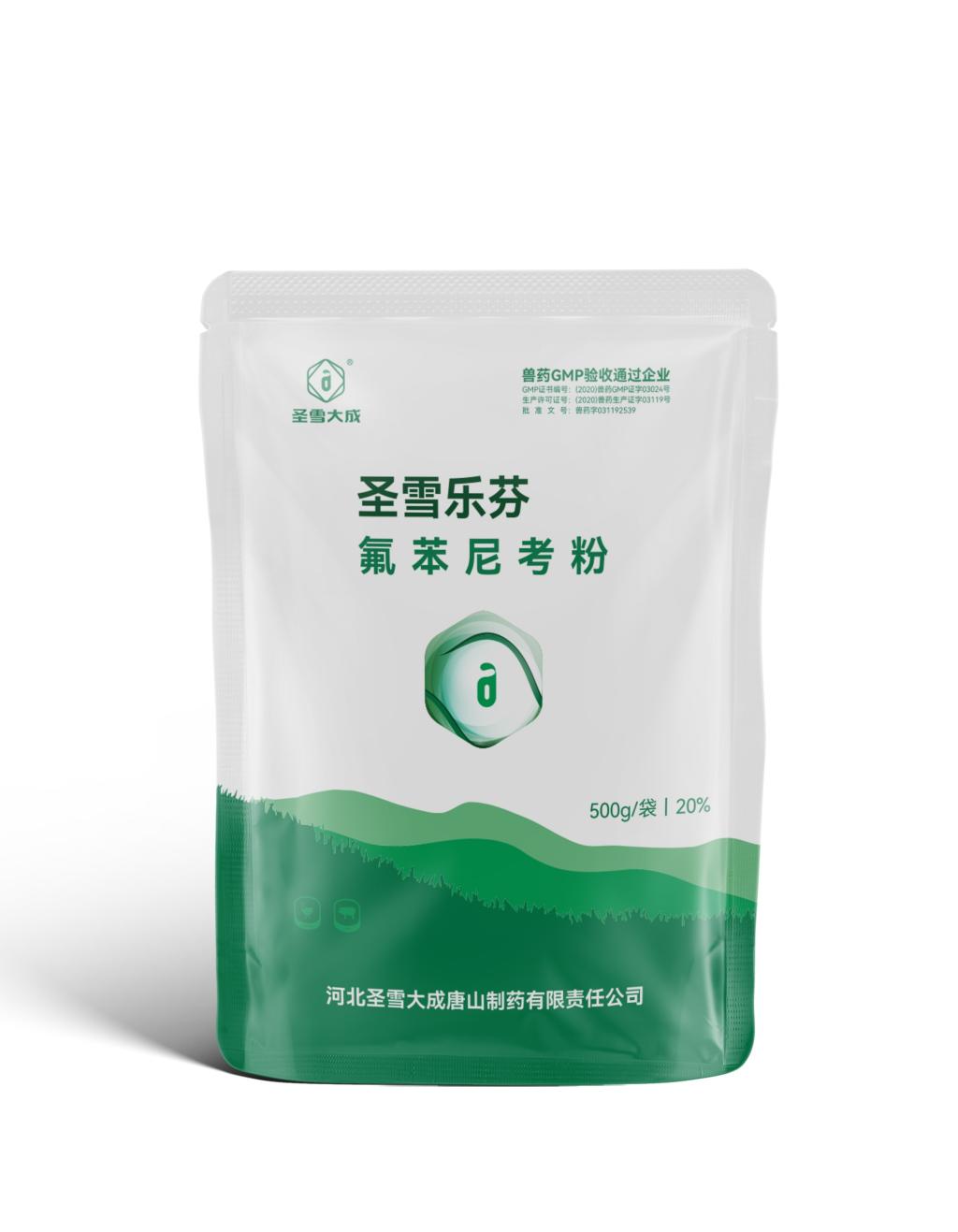Tel:+8618231198596

News
 CONTACT
CONTACT
 CONTACT
CONTACT
- Linkman:Linda Yao
- Tel: +8618231198596
- Email:linda.yao@dcpharma.cn
- Linkman:CHARLES.WANG
- Department:Overseas
- Tel: 0086 0311-85537378 0086 0311-85539701
News
Collaboration between veterinarians and farmers ensures the judicious use of Florfenicol Powder.
TIME:2024-10-11
Understanding Florfenicol Powder
Florfenicol is a synthetic, broad-spectrum antibiotic derived from thiamphenicol. It is effective against a wide range of Gram-positive and Gram-negative bacteria, making it a valuable tool in the treatment of respiratory, gastrointestinal, and other bacterial infections in cattle, swine, and other livestock. Florfenicol powder is often administered orally, either through feed or water, or via intramuscular injection, depending on the specific product and indication.
Challenges in Antibiotic Use in Livestock
The use of antibiotics in livestock faces several challenges:
Antimicrobial Resistance (AMR): Overuse and misuse of antibiotics can lead to the development of AMR, reducing the effectiveness of these drugs and making infections more difficult to treat.
Residue Concerns: Improper dosing or withdrawal times can result in residual antibiotics in meat, milk, and eggs, potentially affecting human health and leading to regulatory non-compliance.
Economic Pressures: The cost of antibiotics and the desire to prevent economic losses due to disease outbreaks can sometimes drive the overuse of these drugs.
Lack of Knowledge and Training: Some farmers may lack the necessary knowledge and training to use antibiotics correctly, leading to inappropriate use.
The Role of Collaboration
Collaboration between veterinarians and farmers is essential for the judicious use of florfenicol powder. This partnership ensures that antibiotics are used only when necessary and in a manner that minimizes the risk of AMR and residue issues.
Veterinary Oversight: Veterinarians play a critical role in diagnosing infections, prescribing appropriate treatments, and providing guidance on the correct use of florfenicol. They can also monitor the response to treatment and adjust therapy as needed.
Farmer Education and Training: Veterinarians can educate farmers about the importance of using antibiotics responsibly, including the proper dosing, administration, and withdrawal times. Training sessions and workshops can help farmers understand the risks associated with AMR and the importance of following veterinary recommendations.
Record Keeping and Monitoring: Both veterinarians and farmers should maintain accurate records of antibiotic use, including the type of drug, dosage, duration of treatment, and withdrawal times. Regular monitoring and review of these records can help identify patterns of use and areas for improvement.
Preventive Measures: Collaboration can also focus on implementing preventive measures, such as biosecurity protocols, vaccination programs, and good management practices, to reduce the need for antibiotics. By promoting animal health and welfare, these measures can help minimize the incidence of bacterial infections.
Best Practices for Judicious Use
To ensure the judicious use of florfenicol powder, the following best practices should be followed:
Accurate Diagnosis: Before administering florfenicol, a veterinarian should diagnose the infection and confirm that it is caused by a susceptible bacterium. This helps to avoid unnecessary antibiotic use.
Appropriate Dosing: Follow the recommended dosage and administration instructions provided by the manufacturer and the veterinarian. Do not exceed the prescribed dose or extend the treatment period without veterinary approval.
Adherence to Withdrawal Times: Strictly adhere to the withdrawal times specified for florfenicol to ensure that no residues remain in the animal products. This is crucial for food safety and compliance with regulations.
Regular Health Checks: Conduct regular health checks and work with a veterinarian to develop a herd health plan. This can help to identify and address potential health issues before they become severe enough to require antibiotic treatment.
Biosecurity and Hygiene: Implement strict biosecurity measures and maintain high standards of hygiene to prevent the spread of infectious diseases. This includes proper sanitation, quarantine procedures, and the control of vectors like flies and rodents.
Regulatory Frameworks and Guidelines
Many countries have established regulatory frameworks and guidelines to promote the responsible use of antibiotics in livestock. These include:
Prescription Requirements: In many regions, florfenicol and other antibiotics are available only by prescription, ensuring that their use is supervised by a licensed veterinarian.
Monitoring and Surveillance: Regulatory bodies often conduct monitoring and surveillance programs to track the use of antibiotics and the prevalence of AMR. This data can inform policy decisions and guide best practices.
Labeling and Packaging: Clear and accurate labeling on florfenicol products provides essential information on usage, dosing, and withdrawal times, helping to ensure that the drug is used correctly.
Conclusion
The judicious use of florfenicol powder in livestock is essential for maintaining animal health, ensuring food safety, and combating the global threat of antimicrobial resistance. Collaboration between veterinarians and farmers is key to achieving this goal. By working together, they can ensure that antibiotics are used only when necessary, in the correct manner, and in accordance with regulatory guidelines. This collaborative approach not only protects the health and welfare of animals but also contributes to the long-term sustainability of the livestock industry and the broader public health.
- Tel:+8618231198596
- Whatsapp:18231198596
- Chat With Skype







